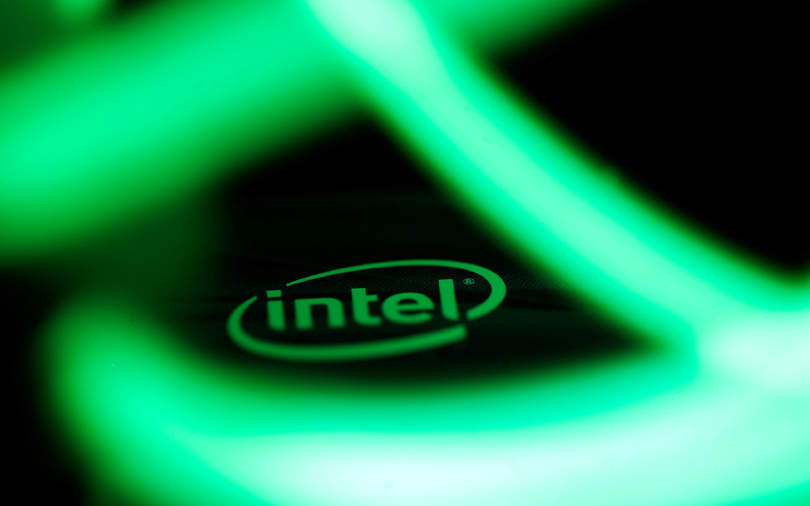
Intel to roll out second generation Optane DC data storage solution next year


Semiconductor giant Intel will launch the second generation of its Optane DC persistent memory data storage solution next year.
The next generation of data storage solution, code-named Barlow Pass, will address the gaps created due to sizeable datasets being generated by enterprises, an official statement said.
Intel announced a number of solutions for the data-centric computing market at an event held in South Korea earlier this week.

The company announced that it will also roll out the next iteration of the Intel Xeon scalable processor. The artificial intelligence (AI)-enabled processor is aimed at facilitating data centre and server operations.
Intel also demonstrated its 144-layer quad-level cell NAND, a solid-state drive (SSD) solution aimed at providing enhanced storage capacity to data centres. The SSD solution will also be rolled out in 2020.
Intel counts technology companies such as Microsoft, Cisco Systems and Hewlett Packard Enterprise among its customers for the current generation of Intel Optane DC persistent memory.

The Intel Optane line offers persistent memory technologies which aid in faster booting times and loading of resources.
In August, Intel had announced that built-in AI acceleration processors would be a standard feature among its line of Xeon processors. The AI-enabled processors would facilitate resource-intensive processes such as streaming analytics and media transcoding.
That same month, the chipmaker launched the 10th generation of its core line of processors aimed at the personal computer market. Code-named Ice Lake, Intel said the processors would be capable of handling AI processes.

At the 2019 International Supercomputing Conference, Intel had announced it would update its data-centric portfolio by rolling out improvements to its high-performance computing (HPC) offerings.
